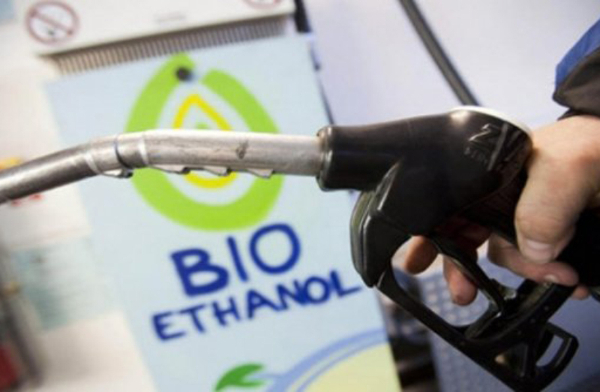CHENNAI: Researchers at Indian Institute of Technology- Madras have developed a simple microwave process to produce bio-fuel oils with high energy values from two waste products — agricultural waste such as rice straw and bagasse and discarded plastics.
The urgency in search of renewable fuels is driven by the environmental impact of extracting fossil fuel and volatility in oil prices, associated political unrest across the world. Bio-fuel oils generated from renewable biological sources are considered a practical and pragmatic replacement for petroleum and petrochemicals.
The team was led by R Vinu, associate professor, department of chemical engineering, IIT-Madras.
The results of their work have been published recently in the reputed peer-reviewed journal Bioresource Technology and Fuel Processing Technology. The team included researchers like Dadi Suriapparao and Banupriya Boruah.
Elaborating on this research, Vinu said, “Biomass is the only renewable source of carbon on earth with immense potential for the production of energy, chemicals, and materials with zero carbon footprint on the environment. Agricultural waste products such as rice straw, sugarcane bagasse and wood chips, among others, can potentially serve as bio-oil producing biomass.”
One of the common methods to produce bio-oil from biomass is ‘pyrolysis’ or heat-induced breakdown of the biomass components into fuel components. However, bio-oil produced by the pyrolysis of biomass contains large amounts of oxygenated groups or ‘oxygenates,’ far greater than in fossil fuels. These ‘oxygenates’ result in lower heating value of bio-oils, compared to fossil fuels, and in addition, increase their acidity and corrosiveness.
Plastics that are rich in hydrogen, can serve as the hydrogen supplier to biomass in its conversion to low-oxygenate bio-oils. The use of plastics as supporting material in the pyrolysis of biomass would ultimately serve two purposes – it would produce bio-oils with better properties and also help in repurposing used plastic.
“We believe that microwave-assisted pyrolysis process is a sustainable and energy efficient approach for resource recovery from a wide variety of wastes such as biomass agri residues, plastic wastes including disposed single-use plastics and non-reusable face masks, and a mixture of these,” added Vinu.
This research was funded by GAIL (India) Ltd.
Source: ToI
You may also like
-
New Heat-Based Approach To Cancer Treatment Can Reduce Chemotherapy Doses
-
Scientists Take A Major Step Towards Unification Of Classical & Quantum Gravity
-
India Graphene Engineering and Innovation Centre (IGEIC) Under the Vision of Viksit Bharat@2047 Launched
-
New High-Performance Gas Sensor can Monitor Low Level Nitrogen Oxides Pollution
-
Antidepressant Drug can be Repurposed for Treating Breast Cancer
